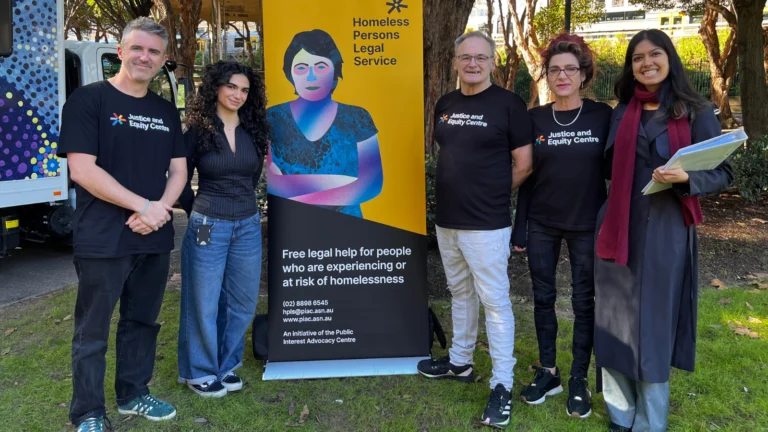The Law Enforcement Conduct Commission is conducting a review of the consorting law. Consorting laws make it a crime to associate with people who have previously been convicted of a serious offence after receiving a warning not to. The Public Interest Advocacy Centre has submitted to the Commission that the consorting law should be repealed.
We make this submission because:
- The law infringes upon fundamental human rights, namely freedom of association, in a way that is disproportionate to the purported objective of the law, being to prevent organised crime.
- There is no available data which demonstrates that the consorting law is in fact targeted at preventing organised crime.
- There are other pre-emptive tools police officers can use in lieu of the consorting law.
If the consorting law is not repealed, we have recommended that the full suite of recommendations contained in the NSW Ombudsman’s 2016 Report be implemented. The three key recommendations that we believe should be implemented to prevent the consorting law being used in harmful and disproportionate ways are:
- removing children and young people from the application of the consorting law;
- NSWPF proscribes the use of the consorting laws to address or prevent minor offending; and
- clarifying that the intent of the consorting law was for the prevention of serious crime.
In its current form, the consorting law is far too broad in its application. It lacks sufficient legislative safeguards and restraints on discretion to ensure that it is not used disproportionately against already marginalised communities with no involvement in serious organised crime.

